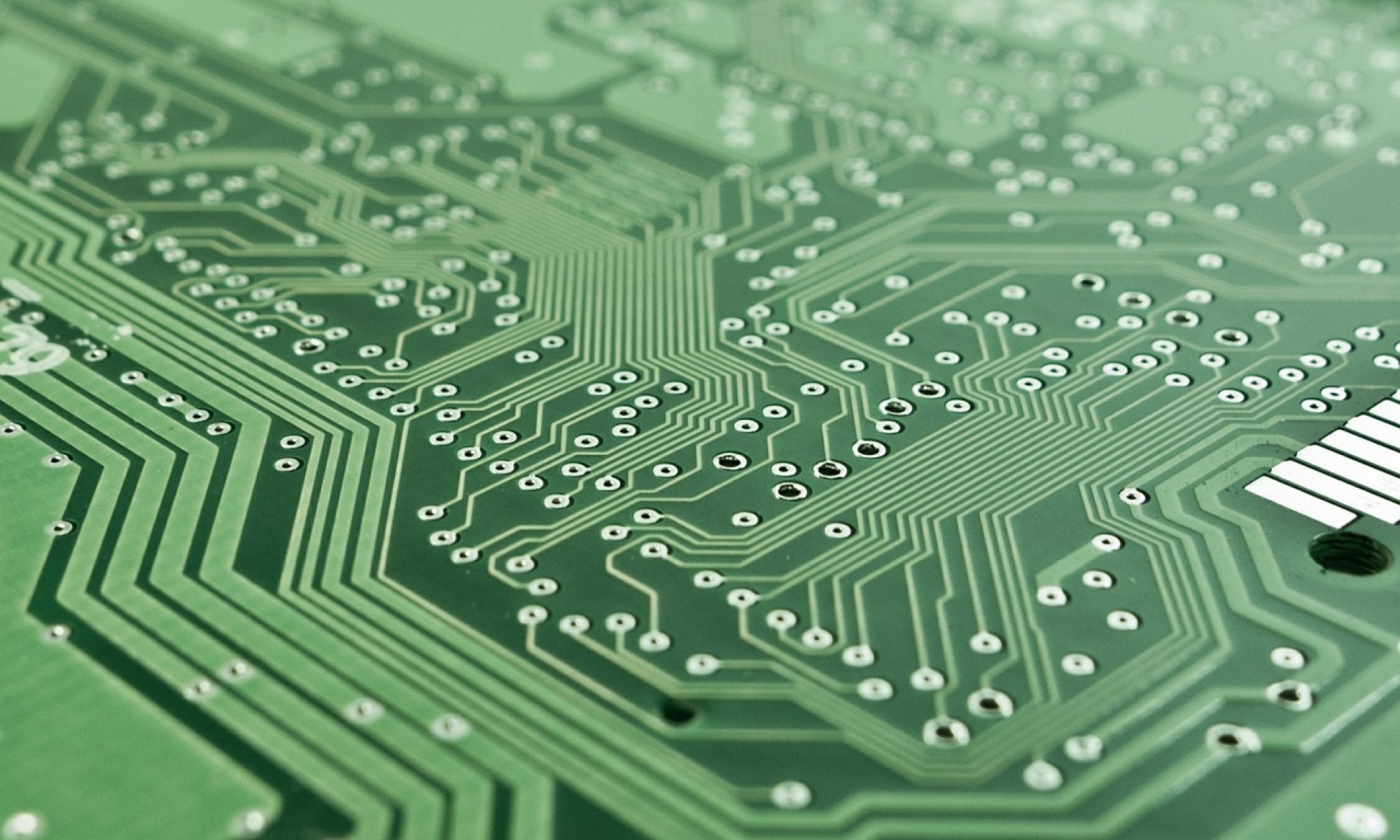 The Sustainable Electronics Initiative (SEI) at the Illinois Sustainable Technology Center (ISTC) on the campus of the University of Illinois at Urbana-Champaign is grateful to the sponsors who make it possible to award cash prizes as part of the International Sustainable Electronics Competition.
The Sustainable Electronics Initiative (SEI) at the Illinois Sustainable Technology Center (ISTC) on the campus of the University of Illinois at Urbana-Champaign is grateful to the sponsors who make it possible to award cash prizes as part of the International Sustainable Electronics Competition.
Arrow Electronics is one of our Silver level sponsors for the 2013 competition. SEI spoke with Carol Baroudi, Global Sustainability & Compliance for Arrow Electronics, recently about what the company does and their thoughts on sustainable electronics issues.
SEI: Arrow’s corporate web site states that your company “provides specialized services and expertise across the product lifecycle.” Can you explain the services Arrow provides that relate to different stages of electronic product lifecycles, and how this relates to sustainability?
Carol Baroudi: Arrow provides specialized services and expertise throughout the product lifecycle beginning with product design all the way through to a products end of life, and everywhere in between. Throughout the product lifecycle, Arrow takes our role of “guiding innovation forward” seriously.
Starting at the very beginning of product life, Arrow ethically sources electronic components for major manufacturers. We also influence product design and work to improve efficiencies in production and logistics. Our ethical supply due diligence includes reporting to the UN Global Compact and Carbon Disclosure Project as well as adherence to Dodd-Frank for Conflict Mineral reporting.
In the aftermarket space, our Value Recovery group focuses on what might be considered a product’s end of life. We do our best to extend the usable life of electronics through repair and refurbishment, returning them for use as “redeployed,” sold or donated assets. When electronics are no longer serviceable, we harvest usable parts. Before sending non usable assets to be recycled, we de-manufacture them, breaking devices down as closely as possible to commodity materials that are in turn send to specialized downstream partners. We reclaim all materials to the extent possible and return the commodities to the manufacturing stream. No electronics are landfilled. No non-functioning equipment is exported. No child or prison labor is used. No electronics are incinerated except certain media where mandated by security policy. We maintain complete transparency of all materials. Arrow facilities are compliant with both the e-Stewards and R2/Rios standards.
SEI: What is Arrow doing to incorporate sustainability into its own operations?
Carol Baroudi: Arrow has a strong culture of ethical and responsible business practices. Our director of Corporate Social Responsibility oversees all aspects of our corporate responsibility strategy, including sustainability. And, our global green team is actively working to propagate best practices across the corporation in 56 countries.
For example, most of Arrow’s distribution centers have already incorporated low-energy lighting. We aggressively recycle materials that come into our distribution centers and carefully scrutinize our packaging to determine the most sustainable options.
Arrow’s Value Recovery centers maintain the highest environmental and data security standards for the processing of electronics. We repair and refurbish equipment that can be reused, including redeployment, resale or donation. Devices that cannot be repaired are harvested for usable parts before going through our Recycle IT Right® process, which de-manufactures equipment down to as close to commodity material as possible. These separated commodities are sent to certified downstream processors specializing in specific materials such as plastic, leaded glass, copper, etc.
SEI: In your company’s business experiences, have any issues emerged which clearly require further research, education, infrastructure, or policy to improve the sustainability of the end-of-life management of electronics?
Carol Baroudi: Currently, in the U.S. there is no federal regulation regarding the handling of end of life electronics. The inconsistencies between state regulations sometimes result in landfill dumping. Also, there’s evidence of illegal exporting of electronic waste and abuse of trust from unregulated recyclers that claim to be properly disposing of electronic devices. Europe has more broadly applied e-waste regulations, but these directives can be subject to interpretation. Around the world, emerging economies generally lack appropriate infrastructure for the reclamation of electronics, as well as the appropriate regulations. Overall, we need education, infrastructure and global policy to reverse the expanding tide of electronic waste.
SEI: Is there anything that electronics manufacturers could do to make your job easier? What about legislators?
Carol Baroudi: We encourage manufacturers to design with reuse in mind – using reclaimable materials, ease of separation, and reusable parts. We would welcome guidelines that make electronics easy to repair and repurpose.
SEI: What do you think is an example of an important fact about electronics management and distribution that consumers in general don’t realize?
Carol Baroudi: The biggest gaps lie in education. There is a lack of understanding of why it’s important to handle electronics properly – along with the environmental and data security implications.
SEI: What do you hope participants in the International Sustainable Electronics Competition will take away from the experience of entering the competition?
Carol Baroudi: We hope that tomorrow’s electronics and sustainability innovators will see opportunities to develop more sustainable electronics, from the design cradle to the end-of-life de-manufacturing process.
Thanks, Carol! See http://www.ewaste.illinois.edu/sponsors.cfm for a list of this year’s competition sponsors. Note that logos, links, and descriptions of services provided above are for informational purposes only and should not be construed as endorsements by the competition, the Sustainable Electronics Initiative, the Illinois Sustainable Technology Center, the Prairie Research Institute, or the University of Illinois at Urbana-Champaign.
